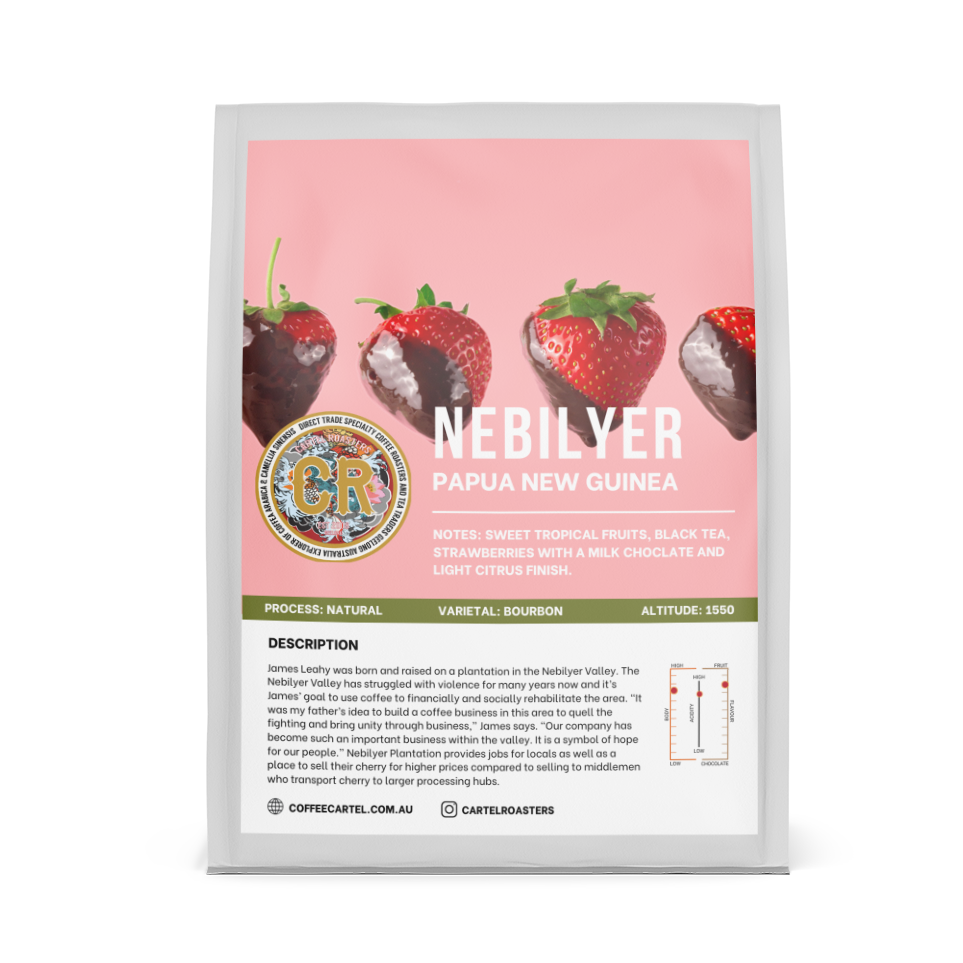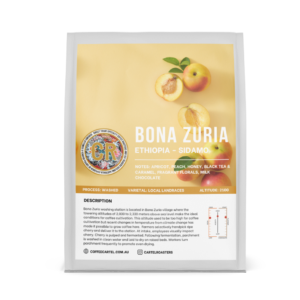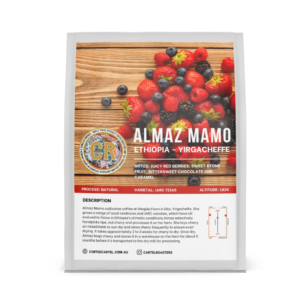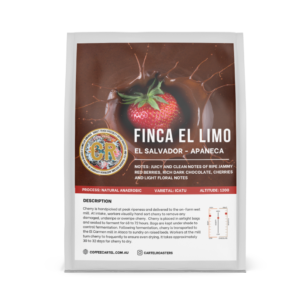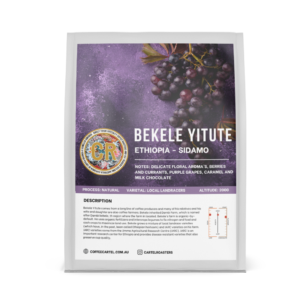About this coffee
- Altitude: 1550 MASL
- Farmer: NEBILYER
- COUNTRY: PAPUA NEW GUINEA
NOTES: SWEET TROPICAL FRUITS, BLACK TEA, STRAWBERRIES WITH A MILK CHOCOLATE AND LIGHT CITRUS FINISH.
James Leahy was born and raised on a plantation in the Nebilyer Valley. The Nebilyer Valley has struggled with violence for many years now and it’s James’ goal to use coffee to financially and socially rehabilitate the area. “It was my father’s idea to build a coffee business in this area to quell the fighting and bring unity through business,” James says. “Our company has become such an important business within the valley. It is a symbol of hope for our people.” Nebilyer Plantation provides jobs for locals as well as a place to sell their cherry for higher prices compared to selling to middlemen who transport cherry to larger processing hubs.
James doesn’t stop at coffee, either. Through Nebilyer Plantation, the Leahys are actively involved in community and social projects including female empowerment, agricultural extension, school programs, sports groups for children and more.
98% of Nebilyer’s employees are from the surrounding communities. Nebilyer Plantation is also one of the few companies in the area that has women in supervisory roles.
Nebilyer Valley is known as the fruit bowl of the Western Highlands Province. The region is known for having the best pineapples, bananas and pawpaw fruit. The soil is extremely fertile and nutrient-rich.
In addition to coffee, vanilla is also planted on Nebilyer plantation. Vanilla trees provide shade for coffee trees and another cash crop. Nebilyer has invested in training local farmers and encouraging them to plant vanilla, cardamom and other cash crops. They also have 21 beehives on the plantation.
Cherry is selectively handpicked by workers on the Nebilyer farm. During the harvest season, Nebilyer Plantation employs up to 80 people to help selectively pick ripe, red cherry in their fields.
One picked, cherry is floated to remove any underripes. Cherry is laid on patios or raised beds to dry. Cherry is raked frequently to ensure even drying. It takes approximately 18 to 21 days for cherry to dry.
In 2021, Nebilyer Plantation started experimenting with raised drying beds. Seeing immediate improvements in quality, they expanded to include 10 additional beds and are currently building more and more beds. They aim to have enough beds by 2023 to dry all coffees on raised beds.
Nebilyer’s wet mill was designed to work with the environment. A wind turbine powers the mill’s lighting and all cherry pulp is reused as fertilizer on the plantation and surrounding farms. Wastewater is treated through 3 settling ponds and a self-designed sand filtration system. James keeps frogs and fish in the last step, an open drain way, to help him monitor water quality. Finally, water filters through 300 meters of thick vegetation before being released into waterways. The water flows past the Leahy’s house to ensure “I expose myself to any risk before it goes into the main river and to the community,” James explains. To date, these methods have successfully filtered water and kept the community’s waterways safe.

